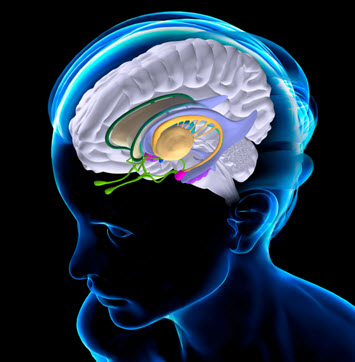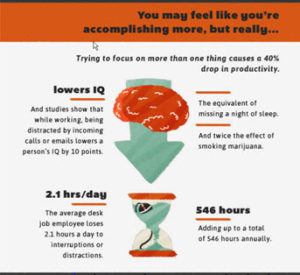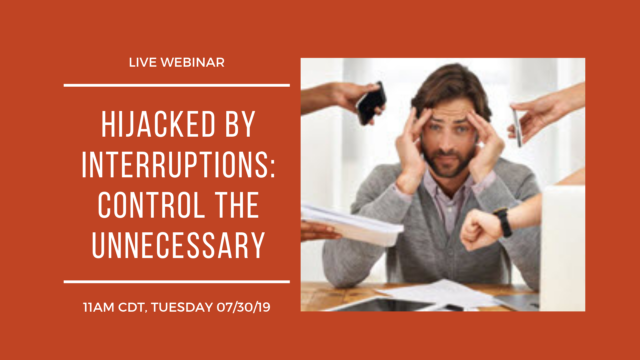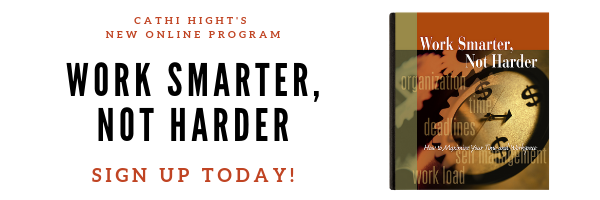Why do so many people think that multitasking is a vital skill in today’s work environment?
Young professionals claim they have been doing it for the majority of their young lives and love the thrill of trying to juggle IM, social media posts, playing games, listening to music and attempting to work at the same time. In the battle of the sexes, women claim to be better at multitasking then men.
If we should be able to multitask as a skill, then why is it illegal to text or operate your phone while driving? Perhaps the number of accidents caused by texting is setting off alarms or we’re beginning to realize that most people aren’t so good at multitasking as they think.

Our Brains Aren’t Wired to Multitask
Neuroscientists have been researching how our brains function when people multitask. It turns out, that our brains are not wired to multitask very well and that our prefrontal cortex, which is responsible for cognitive functioning (e.g., reading, writing, speaking, deciphering communication), can’t perform two cognitive tasks at the same time.

Instead, our brains switch between the tasks very quickly, which gives us the illusion that we’re multitasking. That’s why it’s unsafe to text while driving and in the split second it takes to focus on texting to driving, a car can travel the length of a football field without the driver’s attention!
Research has also revealed that constant multitasking is harmful to our brains. It produces the stress hormone cortisol which can overstimulate our brains and cause mental fog and scrambled thinking and burns up oxygenated glucose, the fuel it uses to stay focused. Other studies state that it can also decrease cognitive performance and lower IQ by 10 points. So, multitasking increases our stress levels, creates a sense of overwhelm, and makes us dumber!
A Conscientious Shift to Sanity
Being tied to technology and the demands of work can make us feel always connected and reachable, and compelled to indulge in switch-tasking. Instead of multitasking, make yourself unavailable for small blocks of time, schedule time to work uninterruptedly on high priority tasks, and learn to say “No” or “Not right now” to things that can wait or don’t align with your goals. Remember, there was a time when our phones didn’t have emails, calls went to voice mail, and people didn’t expect you to be available.
As a certified Wiley Workplace Solutions Partner, Cathi Hight works with organizations to develop high performing teams, effective leaders and productive work environments. She is President of Hight Performance Group and the developer of the Work Smarter, Not Harder program. Learn more at www.hightperformance.com.


